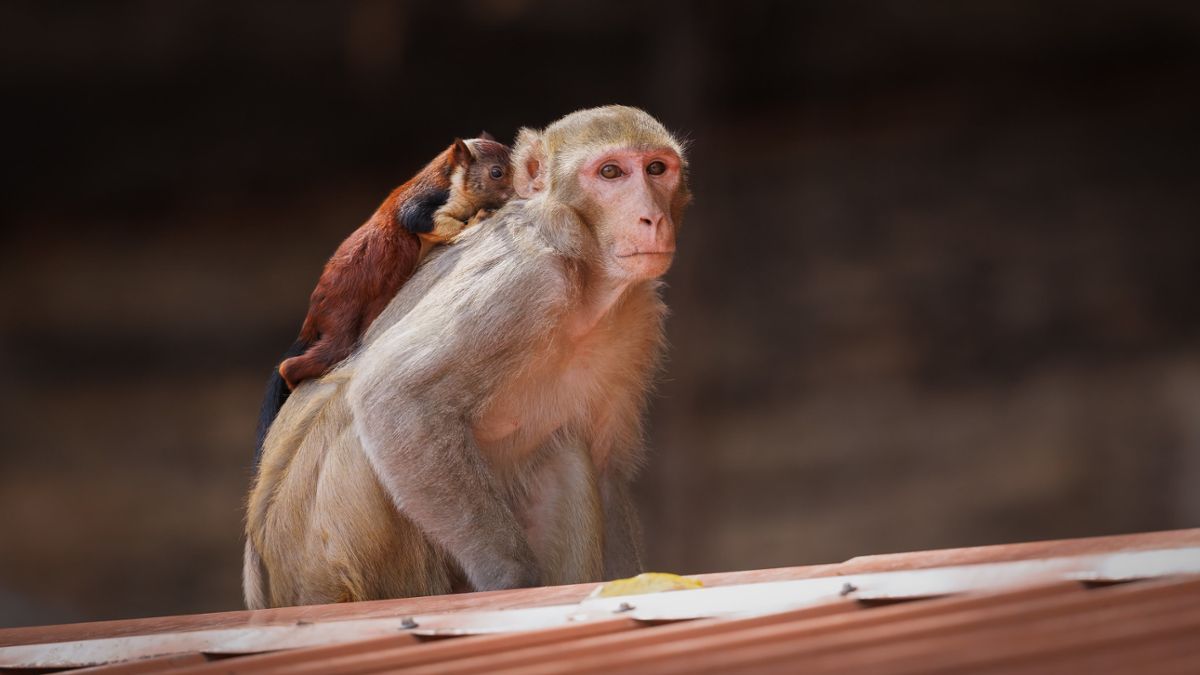Do you find yourself prioritizing close friends and family over a wide circle of friends as you grow older? It’s a pattern commonly observed in humans. Now, scientists have found the same behavior in female rhesus macaques.
To explore the phenomenon, scientists examined eight years of data that tracked over 200 macaques living on Puerto Rico’s Cayo Santiago. They looked at grooming interactions and spatial proximity among the macaques, which many studies use as a measure of social connectedness. They found that female macaques reduced their grooming partners by 44% on average over the 8-year span, and also decreased the number of other macaques they approached. The individuals that they did spend time with tended to be relatives or old friends. Because the macaques spent similar amounts of time socializing when they were older as they did when they were younger, the team ruled out other explanations for the reduced social circles, like death of partners, or reduced ability or interest in socializing.
The scientists noted that the benefits of wider versus smaller social circles may change as the macaques age. While wider social circles could benefit younger macaques by offering a wider pool of potential social partners, older macaques may have more to risk and less to gain. For example, wider social circles also increase the potential for disease transmission or conflict. New relationships also take more mental effort, so smaller social circles may help older macaques may conserve mental energy. All explanations aside, maybe there’s just something special about spending time with old friends and family.










